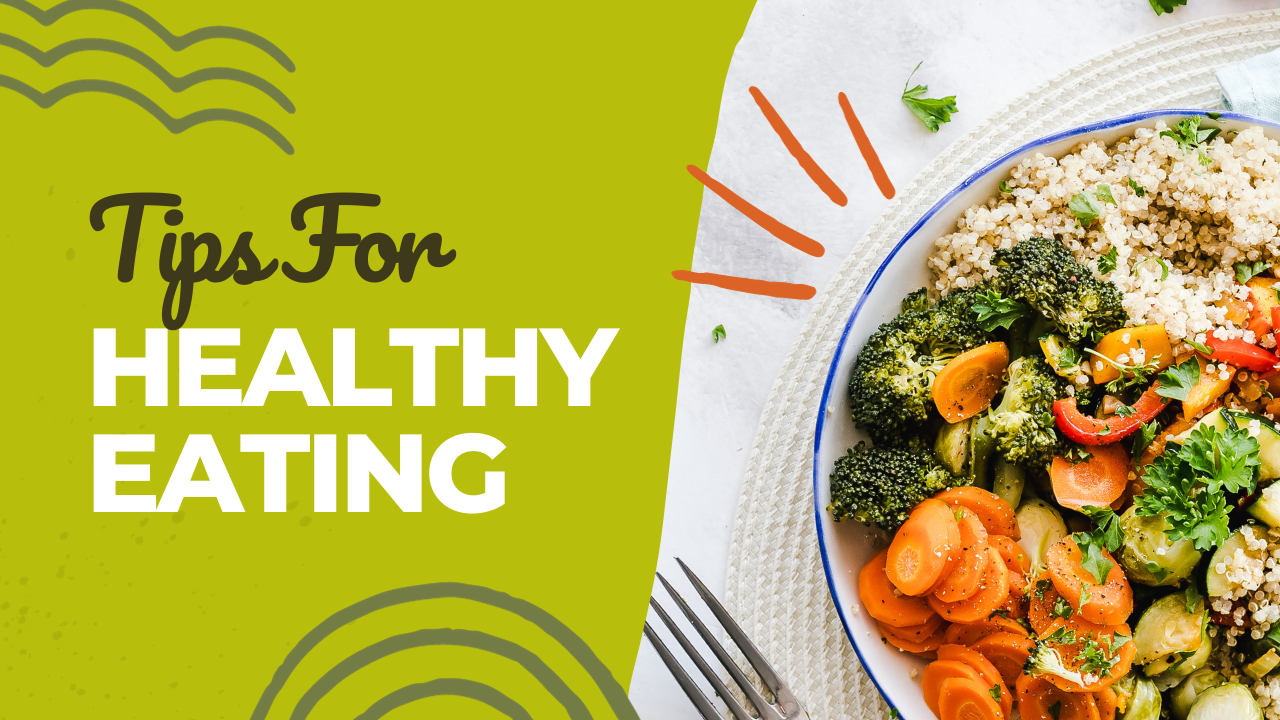Healthy Eating Habits: A Guide to Wellness

Healthy Eating Habits: A Guide to Wellness
Introduction
In today’s fast-paced world, maintaining good health is paramount. One of the fundamental pillars of a healthy lifestyle is adopting and sustaining healthy eating habits. This article is your comprehensive guide to understanding the significance of healthy eating, providing expert insights, and answering key questions regarding this essential aspect of our lives.
The Key to Well-being: Healthy Eating Habits
Healthy eating habits are more than just a trendy phrase; they are the cornerstone of overall well-being. A well-balanced diet not only helps you stay physically fit but also contributes to mental and emotional health. Here’s how you can cultivate and sustain healthy eating habits:
The Foundation: Understanding Nutrients
A fundamental aspect of healthy eating habits is comprehending nutrients and their role in our diet. Nutrients can be divided into macronutrients (carbohydrates, proteins, and fats) and micronutrients (vitamins and minerals). A balanced diet ensures you get an adequate supply of these essential components.
Portion Control: The Art of Moderation
Healthy eating habits involve portion control. Overeating, even healthy foods, can lead to weight gain. Learning to recognize and adhere to appropriate portion sizes is crucial for maintaining a balanced diet.
The Role of Fiber: A Digestive Ally
Fiber is an unsung hero in the world of nutrition. It aids digestion, keeps you feeling full, and helps regulate blood sugar levels. Incorporate fiber-rich foods like whole grains, fruits, and vegetables into your daily diet.
Hydration: The Often Overlooked Factor
Staying hydrated is integral to good health. Make water your primary beverage choice and limit sugary drinks. Proper hydration supports bodily functions and can prevent overeating.
Meal Planning: The Roadmap to Success
Planning meals in advance can help you make healthier choices. It reduces the temptation to opt for fast food or processed snacks when you’re hungry. Include a variety of food groups in your meal plans for a well-rounded diet.
Mindful Eating: Savor the Moment
Practicing mindfulness while eating allows you to savor each bite and recognize when you’re full. Avoid distractions like screens and focus on the flavors and textures of your food.
Eating Habits and Mental Health
Your diet can significantly impact your mental well-being. Certain nutrients, such as omega-3 fatty acids and antioxidants, are linked to improved cognitive function and mood. Incorporating foods rich in these nutrients can positively affect your mental health.
FAQs (Frequently Asked Questions)
Q: Can I indulge in my favorite treats occasionally and still have healthy eating habits?
A: Absolutely! Healthy eating is about balance. Occasional indulgences are perfectly fine as long as they don’t become a regular habit.
Q: Is a vegetarian or vegan diet considered a healthy eating habit?
A: Yes, vegetarian and vegan diets can be very healthy when well-balanced and supplemented with necessary nutrients like B12.
Q: How can I encourage my kids to develop healthy eating habits?
A: Lead by example. Children are more likely to adopt healthy eating habits when they see their parents and caregivers making nutritious choices.
Q: Are all fats bad for you? A: No, not all fats are bad. Healthy fats, like those found in avocados, nuts, and olive oil, are essential for your body’s functions.
Q: Can healthy eating habits help with weight loss?
A: Yes, adopting healthy eating habits can support weight loss by controlling calorie intake and promoting overall well-being.
Q: Are there any specific foods that can boost the immune system?
A: Foods rich in vitamin C (citrus fruits, broccoli), zinc (nuts, seeds), and antioxidants (berries, spinach) can enhance your immune system.
Conclusion
Healthy eating habits are a pathway to a happier and healthier life. By understanding the importance of nutrients, practicing portion control, and making mindful choices, you can transform your diet and overall well-being. Remember, a healthy diet is not a temporary fix but a lifelong commitment to your health.00000



